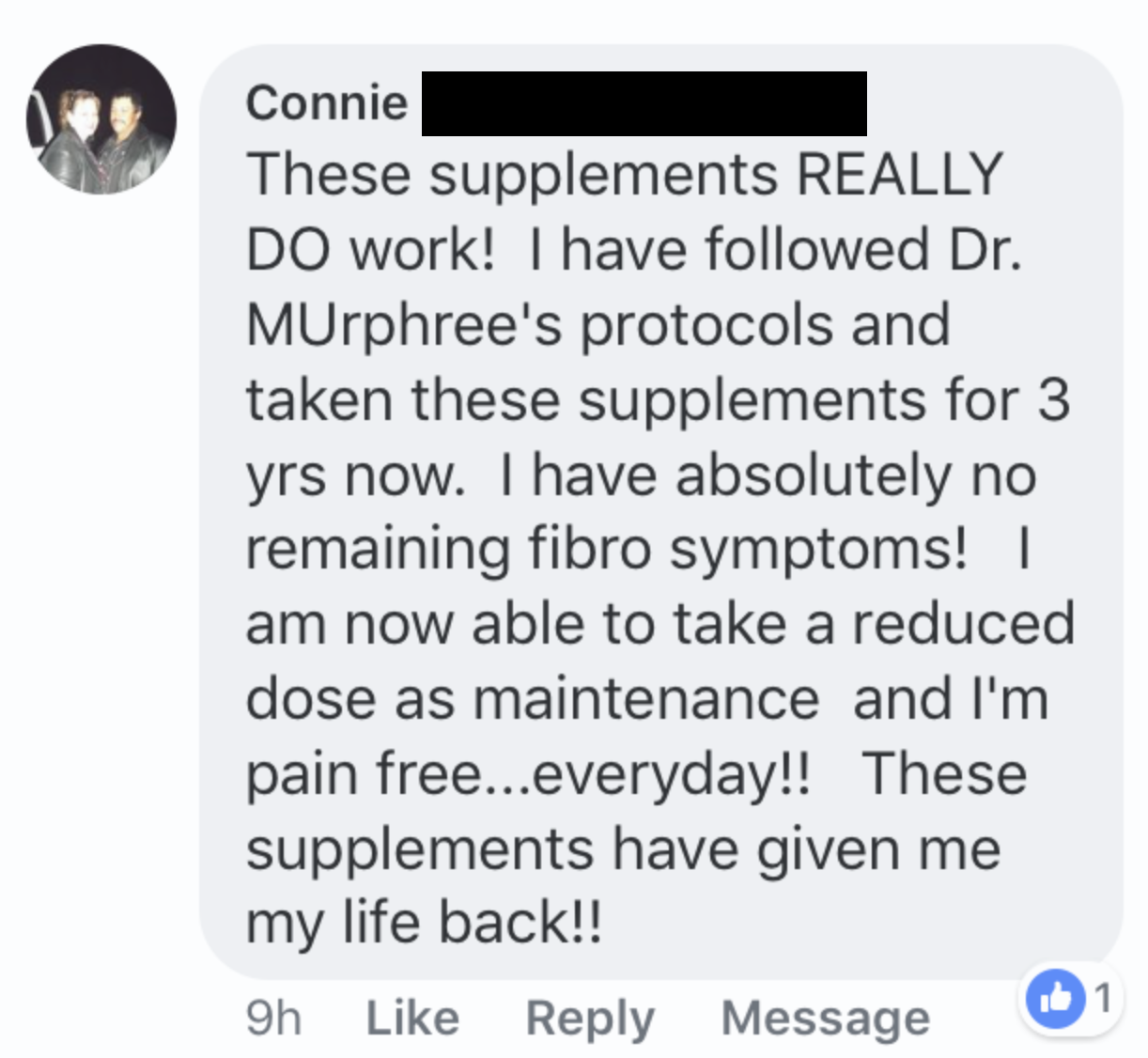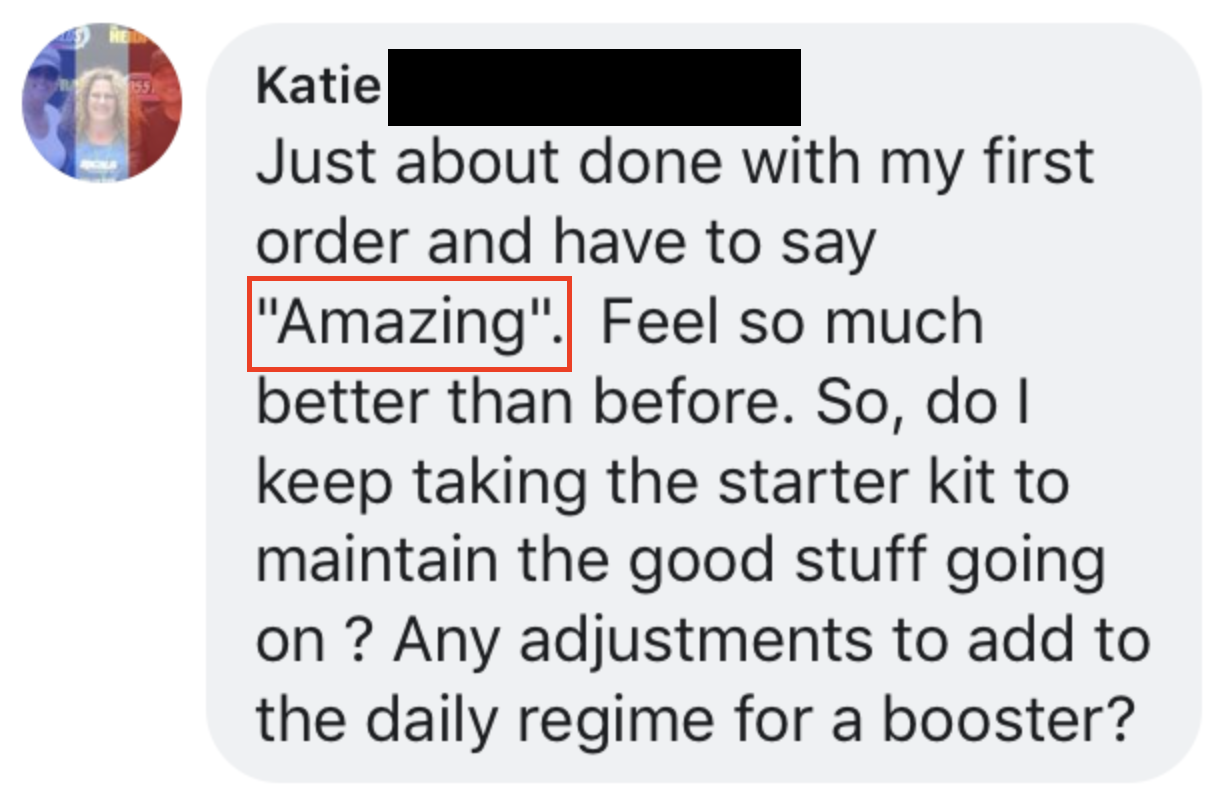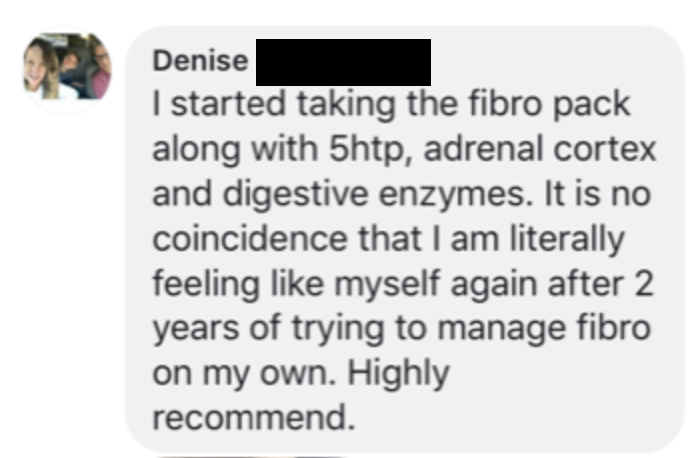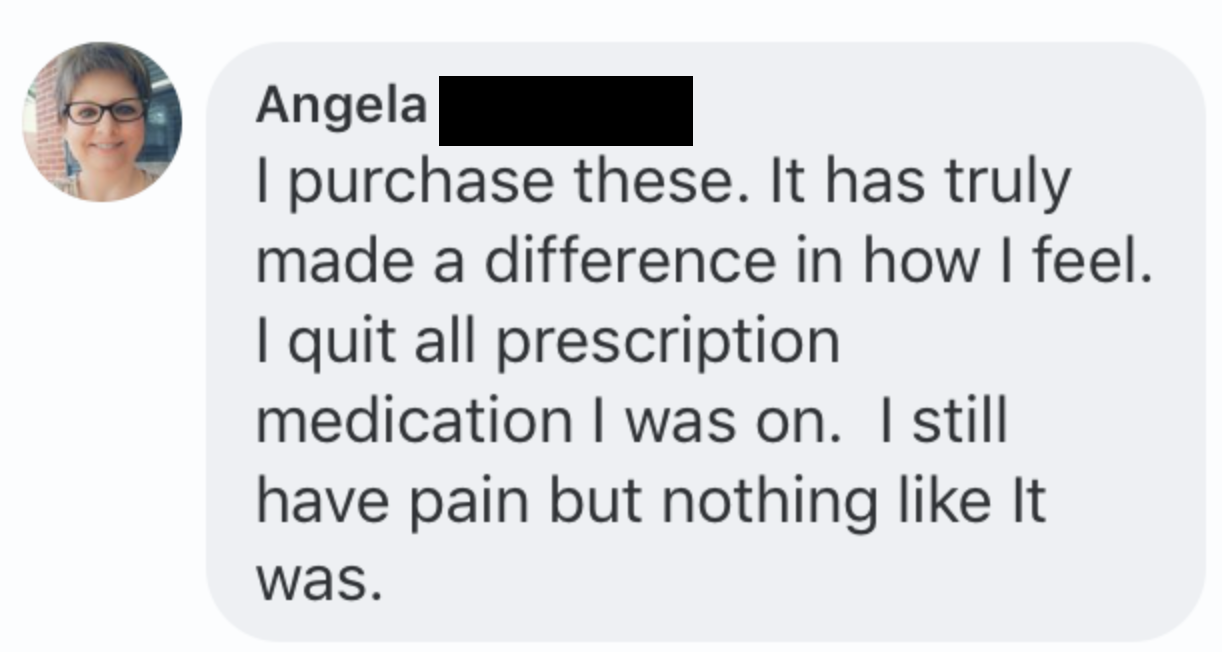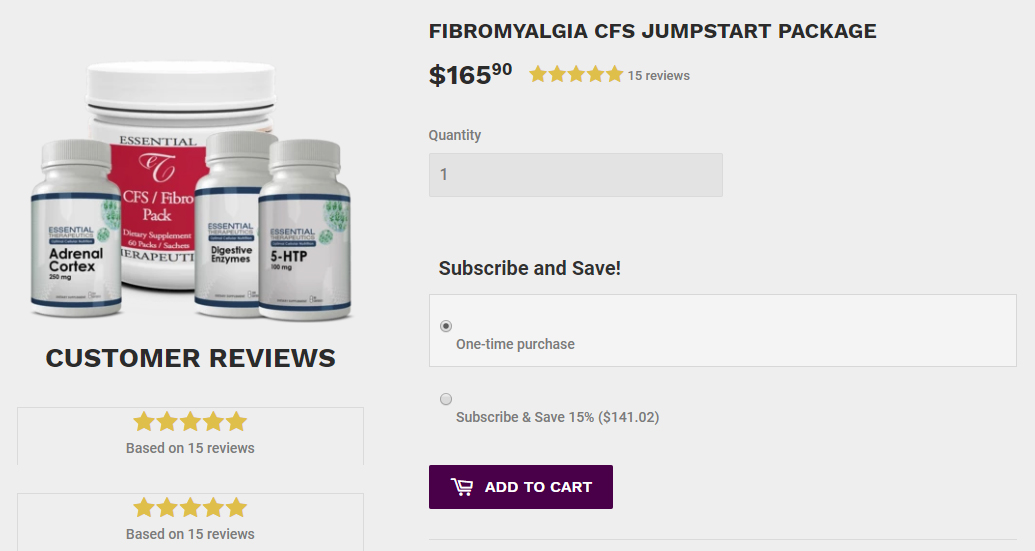Fibromyalgia And GI Health
Could the diffuse, achy all over pain, associated with fibromyalgia, be coming from your gut? Yep.
The major cause of fibro pain is from depleted stress coping chemicals, especially serotonin, which leads to a low pain threshold. Pain is magnified.
A lowered pain threshold, known in medical jargon as allodynia, causes normally manageable pain from osteoarthritis (wear and tear arthritis), food intolerances (nightshade reactions), past spinal or joint traumas, surgical scars, or inflammatory reactions from “Leaky gut” to be more pronounced than normal.
Intestinal permeability or leaky gut occurs when the lining of the digestive tract becomes permeable (leaky) to toxins. These toxins then trigger allergic reactions and chronic inflammation. Intestinal permeability allows toxins to leak out of the digestive tract and into the bloodstream. This triggers an autoimmune reaction where inflammatory chemicals like kinins and bradykinins can create pain and inflammation in any of the body’s tissues. Chronic achy pain can be caused or aggravated by leaky gut.
Most of my patients have poor digestion, mal-absorption, and often take heartburn medications or worse NSAIDs. Many have been on numerous antibiotics or taken steroids-These drugs deplete your natural digestive enzymes.
Once you deplete your natural digestive enzymes, through poor diet or prescription drugs, you become at risk of developing mal-absorption and leaky gut syndrome.
The use of non-steroidal anti-inflammatory drugs, steroids, antibiotics, antihistamines, too much caffeine and alcohol, and other prescription and nonprescription drugs renders the intestinal mucosa permeable to toxins and undigested food particles. This can then lead to allergic reactions resulting in pain generating chemicals.
Leaky gut can cause or aggravate chronic pain, low moods, fatigue, brain fog, IBS, RLS, bloating, gas, stomach pain, asthma, yeast overgrowth, and more.
The first place to start for reversing leaky gut or preventing leaky gut is to take digestive enzymes with meal.
Heartburn, Reflux, GERD
One estimate is that 40% of the US population has some degree of esophageal reflux, with 20% of adults complaining of weekly episodes of heartburn and 7–10% complaining of daily symptoms. Esophageal reflux occurs when the lower esophageal sphincter malfunctions, allowing the backward flow of acid, bile, and other contents from the stomach into the esophagus.
Reflux can result from gastritis (inflammation of the stomach itself), peptic or duodenal ulcers, a hiatal hernia, or even the chronic use of NSAIDs.
GERD (gastroesophageal reflux disease) can cause esophageal scarring or Barrett’s syndrome, a chronic esophageal irritation that causes normal cells to be replaced by precancerous ones. An endoscopy test is used to diagnose GERD. Conventional treatment usually involves H2 antagonists (such as Tagamet, Pepcid, Zantac, or Axid) and antacids (such as Tums or Maalox) as the first line of treatment. Proton-pump inhibitor drugs (such as Nexium, Prevacid, or Prilosec) might also be initiated.
Are antacids the answer?
No! These medications block the absorption of nutrients like zinc, folic acid, B12, calcium, and iron. This can lead to fatigue, anemia, and depression. And long-term use of these medications can block all stomach acid. But your body needs acid! Here’s why:
- The esophageal sphincter is stimulated to close by the release of stomach acids. Picture the esophageal sphincter as being a door that separates our esophagus (throat) from our stomachs. The door is opened by the food we take in and closed when the naturally occurring stomach acid is released. When there’s not enough acid present—because antacids have neutralized them—the esophageal sphincter may not close properly, allowing acid to travel back up into the esophagus and cause heartburn. Ironic, isn’t it? Antacids can actually make heartburn worse.
- The stomach needs acid to break down proteins for digestion. No protein digestion means no amino acids. No amino acids, means no neurotransmitters (serotonin, dopamine, norepinephrine, etc.). This can lead to all sorts of problems: including:
intestinal permeability, anemia, fatigue, pain, brain fog, IBS, increased allergy disorders, depression, anxiety, and bacterial and yeast overgrowth.
- An acidic environment is one of the body’s first lines of defense, destroying viruses, parasites, yeast, and bacteria.
